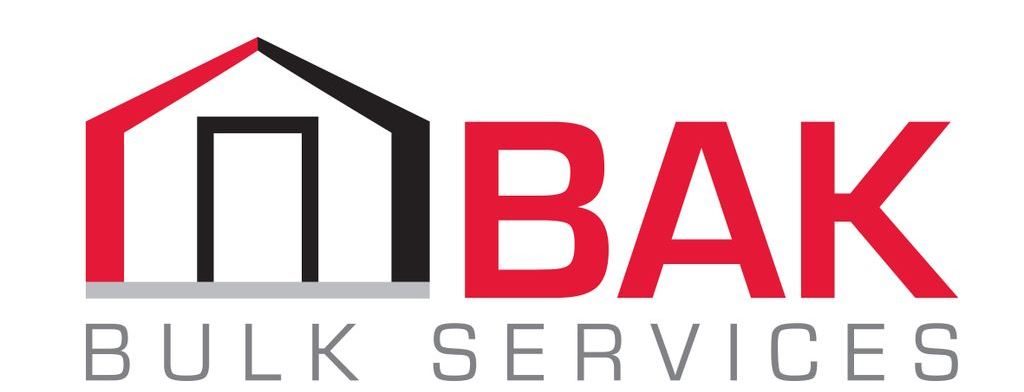"Damian and Karen run a very professional and knowledgeable practice. They have always been a great assistance both in the good times and the bad."

BARRY KING MD BAK BULK SERVICES LTD

Negotiations will begin on the UK’s institutional and financial withdrawal from the UK. It is estimated that this could take up to two years with room for extension to four years by agreement. To move forward, any agreement must be passed in the EU Council of Ministers and the UK Parliament.
Border Areas Brace Themselves For The Blow
Brexit is likely to have a significant impact on trading relationships between the North and South of Ireland. Our land border between Northern Ireland and the Republic of Ireland now doubles as a border between the UK and EU. This creates concerns that the ramifications of Brexit will be greater in this region than in any other part of the UK. Many people are understandably concerned that border controls and restrictions on free movement of people and services will be imposed, together with excessive regulatory red tape on both sides of the border. The introduction of border controls and restrictions on free movement will be particularly contentious and contrary to recent political progress.
Brexit Will Be Years in the Making
Although Brexit will have immediate political and economic consequences, many of the changes to the legal landscape will occur over a prolonged period of time. Over 100,000 legislative measures adopted need to be assessed. It will take many years to debate and determine each of these measures in turn and come to conclusions regarding those which should be preserved and those that need repealed entirely. In addition, some may require modifications to make their implementation feasible, and time will also be required to work through this process.
6 Anticipated Impacts of Brexit on Cross Border Businesses
There are a number of ways that cross border businesses may be exposed to change:
We recommend that additional measures are factored into employment contracts for new any new employees, going forward. Contracts of employment will need to contain a right to work clause to ensure that the employee has, and maintains the right to work in the UK in their current role. To avoid any possible discrimination issues, this clause should be included in all employment contracts. Although this will not solve the problem of employees’ immigration status changing due to Brexit, it will help with terminating the employee’s employment if that proves necessary. The Common Travel Area (CTA) arrangements between the UK and the Republic of Ireland date back to 1922, and so pre-date the UK or the Republic of Ireland joining the EU. The CTA is an informal travel arrangement that means that no passport controls are in operation for Irish and UK citizens travelling between the two countries.
4. Litigation & Dispute Resolution: The EU has streamlined and facilitated litigation systems however, Post-Brexit, the recognition and enforcement of these EU judgments in the UK, and UK judgments in Member States may prove to be more difficult than at present unless separate arrangements are agreed to address the issue.
5. Contracts: Within some contracts, a party may be required to be present in the EU to perform the duties of the contract (e.g. to provide services around the EU). Businesses will also need to review their contracts to see if there is any clause dependent on EU membership, and take appropriate steps to address this.
6. Insolvency & Restructurings: The ability to implement cross-border insolvency or restructurings with a UK element may become more difficult if new insolvency rules are introduced. An increased risk of conflict between the Irish/EU and UK insolvency regimes could result, which would have consequences for creditors or financiers of UK businesses or operations as well as for the businesses themselves.
We advise businesses with cross border exposure to review all areas of their businesses to identify those aspects which may be impacted on by the UK’s decision to leave the UK. It is important to prepare for these changes in good time, and seek advice from your legal, financial and management professionals to ensure that any potential negative impacts on your organisation are minimised, where possible and planned for, where circumstances are beyond your control.
Luke Curran & Co. will continue to monitor developments and advise business clients of the necessary changes you are required to adapt. Our Solicitors are registered with the Law Society of Ireland allowing us to continue to practice in this jurisdiction in a Cross Border capacity (whether hard or soft) post Brexit. This will also provide access to European Courts if required. We will be strategically located in Newry to navigate our business clients through this time of uncertainty.
Please contact us at law@lukecurran.co.uk or 02830267134 to discuss your business needs.